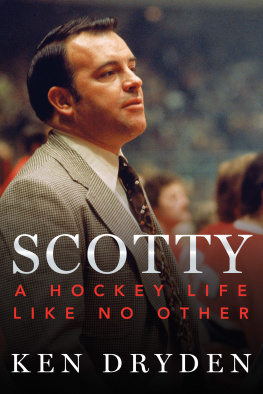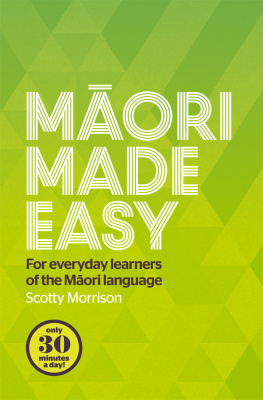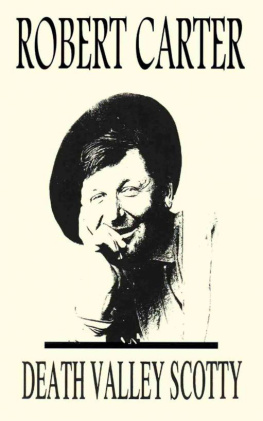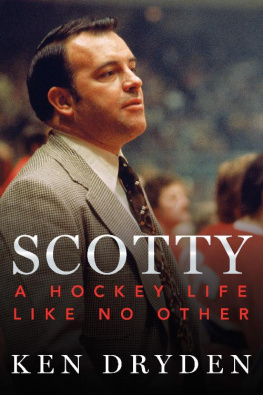Everyones Guide to Buying A Used Car And Car Maintenance.
By Scotty Kilmer
Copyright 1994. All rights reserved. Revised 2017.
Dedicated to Elmer and the Fat Man
Acknowledgment
No mechanic can truly exist without a coterie of loyal customers. I wish to acknowledge all my customers over the years for their faithful use of my services. For spatial reasons, I cant list every single one of them here, although they all have played a part in my success. But I do wish to personally acknowledge some of my most loyal and supportive customers. Some have moved on to far-away lands, and a few have passed away, but I remember all of you.
Many Thanks to:
Dean Ornish | Kathy Wetmore | Dave Goldstein |
Amy Freeman | Jill Pickett | Bob Carberry |
Ann Makris | Paul Huber | Amee Atkinson |
John Bradley | Toby Tate | Bob Baier |
Patricia Faber | Pat Murphy | Rose Glaze |
Barry Moore | The Szabos | Fernando Buz Cabrall |
Rita Ettlinger | Jim Decker | Diane Stonecipher |
Emma Kowalski | Gene Forsythe | Tanya Reischman |
Sharon Davis | Mike Monro | John Carter Brooks |
Ray Zukaitis | Jude Wiggins | Bob Snyder |
Nancy Randall | Jimmy Olson | Ann Stafford |
Don Sanders | Mary Myerson | The Millers |
Gail Means | The Catretts | William Mordica |
Craig A. Remkus | Linda Luttrell | Linda Toyota |
Lee Kennedy | Randy Roach | Liz Mengel |
David Morris | Susan Kolbe | Don Spinelli |
Dan Smith | Micki Fine | Richard McDugald |
And a BIG heads up to the millions of fans whove watched my YouTube Car Repair Videos on The Scotty Kilmer Channel. Over 200 Million Views So Far. https://www.youtube.com/user/scottykilmer
Introduction
With the cost of buying a new car rising almost astronomically, purchasing a used car and maintaining it makes more sense than ever. As soon as a new car is driven off the lot, thousands of dollars are immediately lost. Many thousands more are lost through depreciation during the first three years of ownership. When factoring in additional costs (such as higher insurance rates and higher interest payments on new cars), the notion of purchasing a used car becomes even more attractive. And the benefits of car maintenance are obvious: an ounce of prevention is worth a pound of cure (and is infinitely cheaper).
But when given such information, I have often been told by my customers, Look, I know nothing about cars! I just drive them and put gas in the tank. What business do I have buying a used car and maintaining it? My response is that even though you may know very little about the mechanical inner-workings of an automobile, you know much more than you might think. You have been driving cars for hundreds (or thousands) of hours and innately know quite a bit about them. You know about strange noises that the car shouldnt be making. You know something is wrong when the steering wheel is shaking. And you know countless other things that are right and wrong with a car. Maybe you cant technically describe these things, but you do understand when a car is running correctly and when something is wrong. You can put all this inner knowledge to use when attempting to purchase and maintain a used car.
Of course my customers have an advantage that most people dont have. When they have finally decided on purchasing a particular car, they pay me to personally check it out before they buy. After they purchase it, they have me give them advice on maintaining their car (believe it or not, I actually show them what they can do themselves and what they should leave to me). This guide is intended to act as a substitute for the in-person experience above. Inside is much of the information I have acquired during the past fifty years of maintaining cars and checking out used cars for purchase. Some of this information will make you laugh, some will make you want to scream at others, and some may even make you scream at yourself. But all this information will help you pick out a good used car and show you how to maintain it. Remember, EVERY CAR DRIVING DOWN THE ROAD IS A USED CAR.
A BOUT THE AUTHOR
Scotty Kilmer has been a mechanic for the last 50 years. Realizing he could only help out a small number of people by fixing their cars personally, Scotty wrote this book to help out even more people. After writing this book, he became a car talk host on CBS TV in Houston with his show Crank It Up, where he won an Emmy for interactive car talk host. Twelve years later, with television not being what it used to be (on the decline), Scotty transitioned from TV to the internet on YouTube. There, 10 years later, he still makes car repair videos for Everyone at https://www.youtube.com/user/scottykilmer.
And on his completely free website, https://www.themaven.net/ontheroadwithscotty/ he still answers peoples car questions in his Ask Scotty section, and does biweekly LIVE car talk shows where he answers viewers car questions LIVE.
Scotty is all about helping people with their car problems, whether it be which car to buy (or NOT to buy), how to fix their cars, or how to maintain them so they last as long as possible. So enjoy this digital book, and if you have a question for Scotty, feel free to ask him right here:
https://www.themaven.net/ontheroadwithscotty/car-questions-and-answers
Over the last 25 years, he has personally answered hundreds of thousands of them (Yes, Scotty is the last of a dying breed.)
Chapter 1
WHERE TO BEGIN- WHAT CAR TO BUY?
To begin at the beginning, you must first decide what type of car you are looking for. If you have already decided on a model, you might skip this chapter, although Id advise scanning the two lists inside as they might prove useful. But if youre not sure, read on. Deciding on a particular model involves a great deal of personal preferences, but the decision is not a simple one and my advice may help make it easier. First of all, you must decide whether you are going to look for a particular make and model of car, or whether youre going to look through a range of cars before deciding. My advice is to begin with a range of cars. Decide whether you want an economy car, a mid-range car, a luxury car, or a sports car.
Once you have decided on the range of car you wish to purchase, you have to narrow the field down into which particular vehicles are best suited to you and your pocketbook. There are many ways to help make this decision, but each has its own advantages and pitfalls. This is where buying a used car truly becomes an art. The most obvious way to begin is to ask your friends about experiences theyve had with their own vehicles. If you expand this out to include their friends, the coverage of many different car models will be assured. You can then get a personal perspective on various models by asking the information you feel is relevant-such as how the car rides, its acceleration, its repair record, how its paint job holds up, or any other aspect youre interested in. This approach has the advantage of giving you direct personal information with no middle men involved, but you often need to know the person rather well to get the truth. And some people dont wish to seem foolish for buying a lemon, so you may get false praise from using the personal route. But it is a good way to begin.

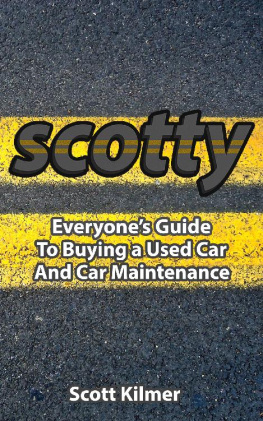

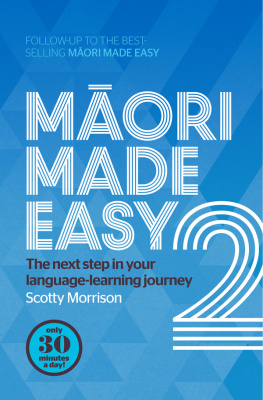

![Shanks - Essential bicycle maintenance & repair: [step-by-step instructions to maintain and repair your road bike]](/uploads/posts/book/235248/thumbs/shanks-essential-bicycle-maintenance-repair.jpg)
